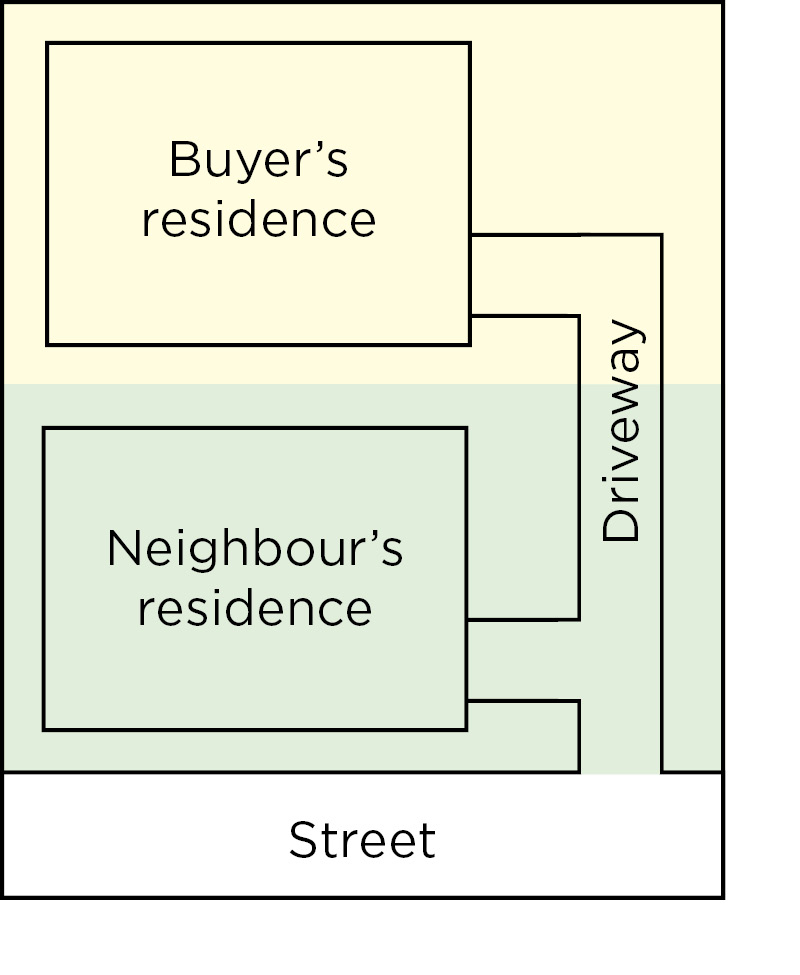Consumers
Things you need to know
Make sure your real estate agent is registered
Information for buyers
Information for sellers
Consumer deposit insurance
Agents and Brokerages
TRESA Explained
RECO Bulletins
RECO tool for sharing RECO Information Guide and forms
Becoming a real estate agent
Becoming a real estate broker
Info for real estate agents
Info for brokerages
Insurance
Fee schedule
Moving to Ontario?
Learners
About real estate education in Ontario
Education requirements
Real Estate Salesperson Program: Pre-Registration
Real Estate Broker Program
Real Estate Salesperson Program: Post-Registration
Examinations
Brokerage staff compliance training
Continuing education (CE)
Updates
More information
Enforcement
About RECO’s complaints process
Submitting a complaint
After submitting a complaint
If you are the subject of a complaint
Inquiring about the number of offers on a property
Enforcement activities
News
iPro
Information and latest updates on iPro
Submit a claim
Home buyers and sellers FAQ
Agent and brokerage FAQ
About
Agent/Brokerage Search
MyWeb Login
Submit a Complaint
RECO Information Guide

